The image of a mirror can be very helpful in understanding contemplative experience, because it is the nature of our consciousness, of our minds, to reflect. The term ‘reflect’ not only refers to the act of pondering upon something, but refers even more directly to the way the mind works. All the images we see in our minds – whether images of things in the world around us, of memories, fantasies, or inspired visions – are representations of things and not the things themselves. This process is also true for all our other senses, but nothing represents the reflective nature of the mind better than the way a mirror works for the sense of sight. Even when a person attempts to think of his or her own mind, the thought is only an image of the mind, and thus is an action or a part of the mind, but not the mind itself.
Those last statements indicate how thinking about something might actually interfere with our ability to be as authentically present in the moment as possible, and thus to more completely observe and perceive the greater reality or truth of the moment. As an example, consider the well-known phenomenon that thinking too much about doing something, like dancing, while actually trying to do it, gets in the way of dancing as well as we might. Another example can be found in the obsessive shutterbug, one who can’t stop taking pictures of something long enough to simply be present in the more direct experience of it. The more we think about something, the less we actually experience it, whether it is something we regard as external to self or something as internal as our most secret thoughts and feelings.
When practicing silent meditation or contemplative prayer, one sits in greater openness to whatever arises in consciousness, whether a sensory perception in response to something external, or thoughts and feelings arising in other ways. This kind of prayer is practiced in faithful acceptance of whatever actually is, filtering and distorting it as little as possible with expectations, rules, analyses, or judgments. It means opening our awareness more completely to the immediate facts of existence and the mysterious presence of the Divine. We therefore see more clearly the truth of things just as they are in the present moment, and less as though in a dusty and warped mirror.
One of the most common experiences in such practice is a greater awareness of the whole of one’s own thoughts, feelings, and behaviors. Furthermore, most of us aren’t pleased to observe how much of a crazy mess is going on within us. We discover that we aren’t nearly as rational, centered, harmonious, practically competent, emotionally secure, intellectually certain, spiritually enlightened, or morally virtuous as we’d often like to pretend to others and ourselves. In fact, anyone who practices like this for very long eventually comes to see in oneself the seeds, if not the seedlings, or even the buds, of every sin ever committed by anyone.
There are many ways we can react to looking in that mirror. I have no doubt that an intuitive sense of these possibilities, if not some actual experience of them, leads some people to consider contemplative practice too dangerous, and even speak of it as risking demonic possession. Those sorts of fears should be respected for the individuals gripped by them, because too much raw truth can be harmful when we’re unprepared to cope with it. Yet for others, the initial shock and horror of their existential disillusionment is eventually relieved, giving way to deeper and more authentic reverence, humility, gratitude, compassion, kindness, and selflessness. We become less burdened by all the frailty, confusion, fragmentation, dishonesty, and negativity of our own humanity and that of others, and we see that these things come and go within a greater context, the beautiful wholeness of our being and becoming. Our own looking inward upon the mirror of the soul, releasing our illusions and accepting reality as it is, in turn leads us to see others more clearly, to love them and ourselves more freely. We are less prone to be narrowly and rigidly judgmental, and more inclined to offer the relief that comes through understanding, forgiveness, good counsel, encouragement, and support. This is how contemplative practice serves our Masonic principles of Truth, Relief, Brotherly Love.
________________________________________
THANK YOU FOR READING THE LAUDABLE PURSUIT!
IF YOU ENJOYED THIS PIECE, PLEASE FEEL FREE TO SHARE IT ON SOCIAL MEDIA SITES AND WITH YOUR LODGE.
For more information on Bro. Chuck Dunning: CLICK HERE
Chuck Dunning has authored: Contemplative Masonry: Basic Applications of Mindfulness, Meditation, and Imagery for the Craft
Also, visit us on Facebook: https://www.facebook.com/TheLaudablePursuit
________________________________________
SHOW YOUR SUPPORT
If you enjoyed this content, you can show your support by visiting the our Bookstore, or by donating below:




